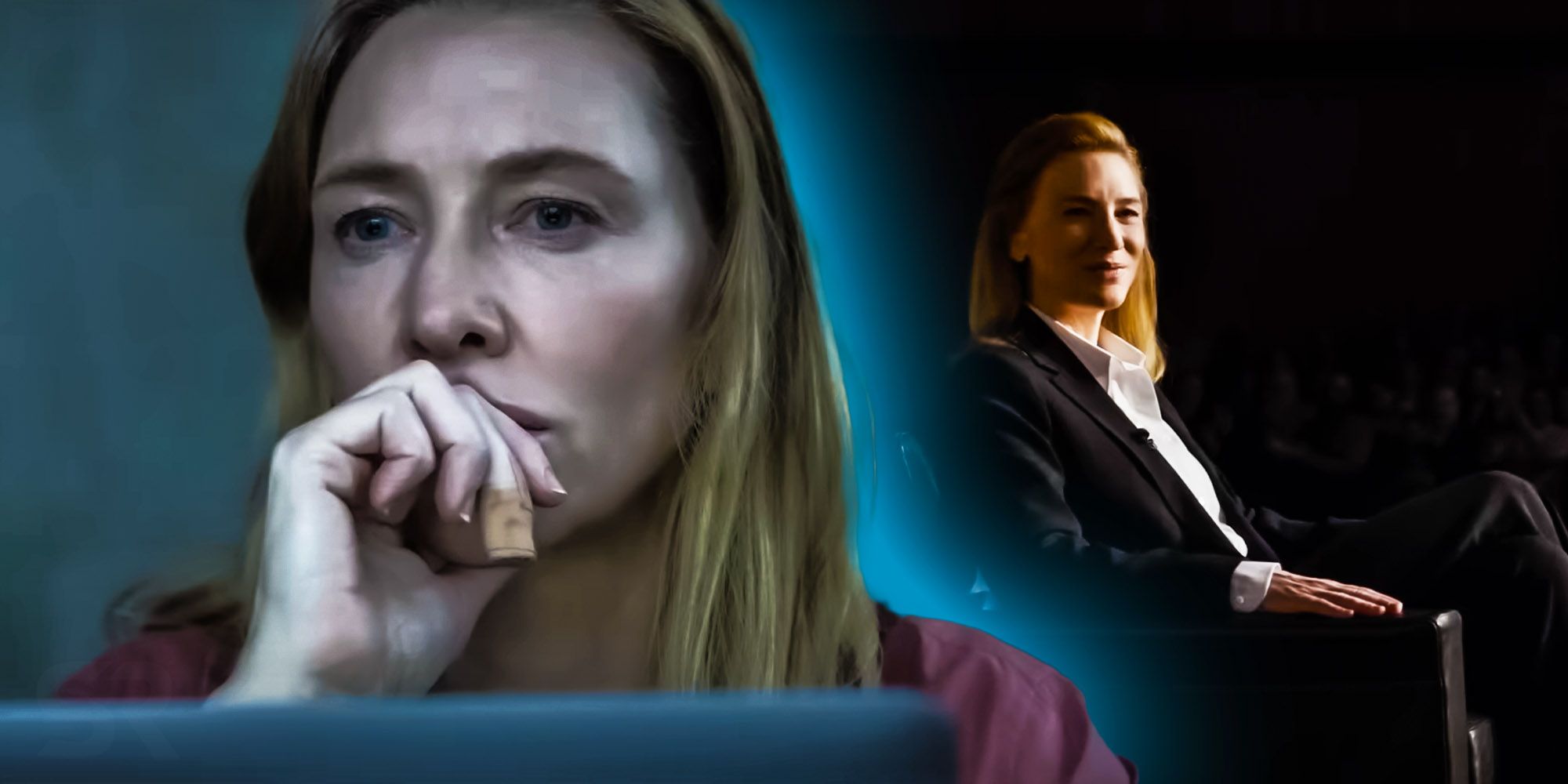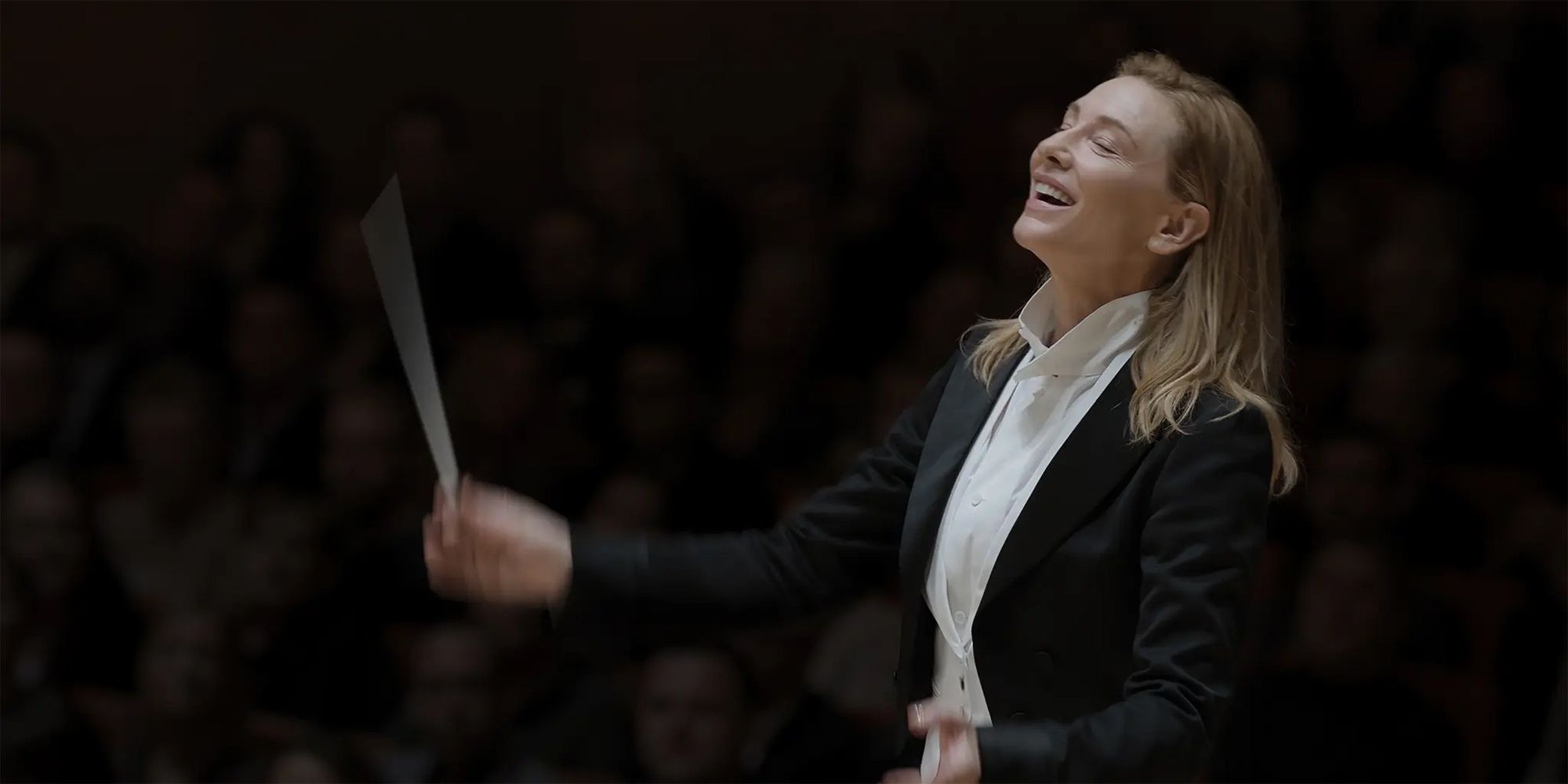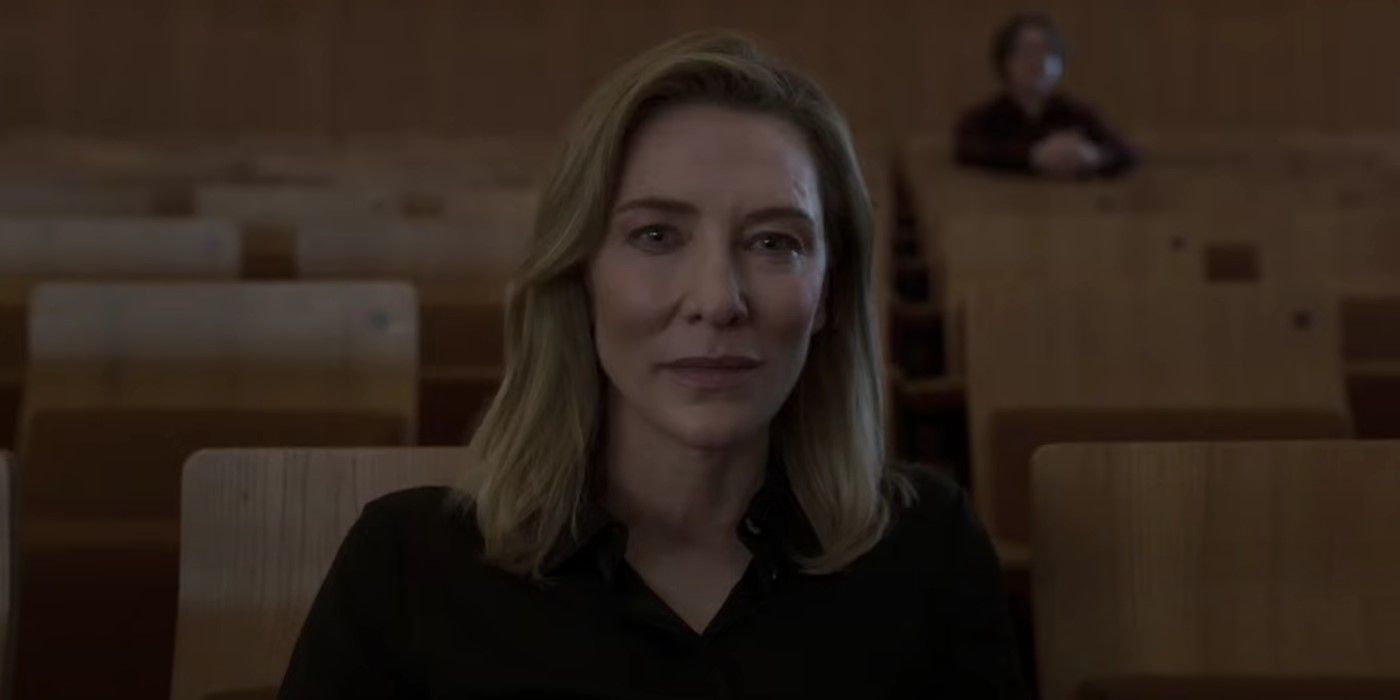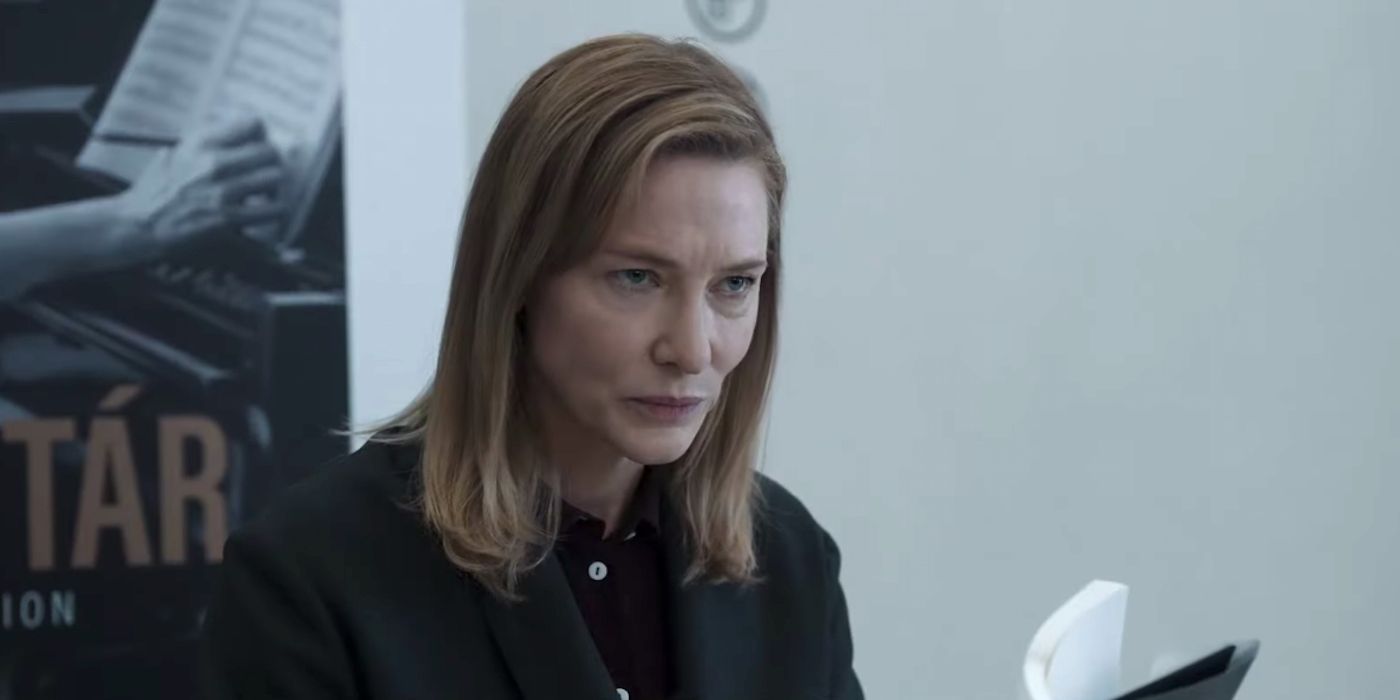Cate Blanchett in Tár plays Lydia Tár, an accomplished woman whose career is destroyed by a #MeToo scandal, causing viewers to debate whether she is a villain who deserves her comeuppance or a victim of “cancel culture.” Blanchett's nuanced performance led to a Golden Globe win and a recent Academy Award nomination for Best Actress. When the movie begins, Lydia is the first female chief conductor of the Berlin Philharmonic, is married to concertmaster Sharon (Nina Hoss), and they live in a luxurious flat with their daughter, Petra (Mila Bogojevic). After allegations by former protégé, Krista, go public and unflattering videos of her classroom debates are released, Lydia loses everything.
Tár explores the #MeToo Hollywood movement in a way that hasn't been tackled by movies like 2022's She Said. Tár doesn't shy away from ambiguity, purposely keeping the truth murky. Tár withholds crucial details about Lydia’s past relationship with Krista, and when the interaction with the student goes viral, viewers can see that the video is edited to take Lydia’s words out of context. As a result, Cate Blanchett in Tár serves as a Rorschach test. Rather than make a definitive statement, Tár denies viewers closure and forces them to apply their own opinions about divisive topics like #MeToo and cancel culture to Lydia’s situation.
Tár Avoids Taking Sides (Which Is Why It's So Divisive)
Cate Blanchett in Tár gives a performance that makes her guilt hard to determine. After Krista suddenly takes her own life, an exposé alleges that she is one of several young colleagues that Lydia groomed throughout her career. This plot development brings to mind real-life sexual predators such as Harvey Weinstein, the subject of She Said, another recent #MeToo-themed movie. Lydia, like the public figures she is modeled after, denies the allegations. However, other scenes show her deleting online correspondence with Krista and directing her assistant Francesca (Noémie Merlant) to do the same. Lydia has something to hide, but Field doesn’t fully explain what it is. Instead, he asks viewers to evaluate a complex situation as an outsider with only a few scattered pieces of information.
Tár spends more time on the burgeoning bond between Lydia and Olga (Sophie Kauer), the orchestra’s cellist. Olga, like Krista, is young and talented, and Lydia becomes fixated on her. Field provocatively presents Olga as Krista's mirror, and viewers watch closely to see if Lydia will act unethically. Like Bombshell (2019), about the Fox News harassment scandal, Tár deals with power dynamics in a work setting, but Field prefers ambiguity. As Lydia and Olga rehearse together in private spaces, Lydia surprises viewers and behaves appropriately. In fact, Olga turns out to be the cruel one in the relationship, secretly mocking Lydia on social media. Although Lydia’s relationship with Olga doesn’t negate the allegations, it does offer a more nuanced portrayal, making it more difficult to determine the truth.
Why Tár's Lydia Should Be Seen As A Villain
Tár is extremely satisfying because even if the major incidents that cause Lydia’s downfall are up for debate, there are other damning moments for viewers to consider. Whether Lydia secretly steals Sharon’s medication for personal use or threatens Petra’s bully at school, she routinely cuts corners, breaks rules, and crosses boundaries. She blindsides Sharon by not telling her about Krista and then blindsides viewers when it is revealed that her real name isn’t Lydia, but Linda. This shocking twist recontextualizes her entire existence as an artificial act.
By the end of Tár, it is clear that Lydia is not exactly admirable. Her horrible behavior extends beyond conversations about #MeToo and cancel culture to seep into the most commonplace aspects of daily life, including family. In Lydia's case, it's more appropriate to call it accountability culture. Regardless of how viewers feel about Lydia's relationship with Krista or her take on Bach, Lydia is still a monster, which explains why Tár ends with her conducting a Monster Hunter orchestra concert in Southeast Asia, brought low by circumstances into revealing her true face.
Lydia's Complexity Landed Cate Blanchett A Golden Globe
Cate Blanchett's Lydia Tár performance has received a lot of love during awards season, most notably in the form of a Golden Globe award for Best Actress in a Drama followed by her recent Academy Award nomination for Best Actress. While Blanchett's performance was praised by critics, there was a risk that a near three-hour movie about classical music might be too arthouse even for film awards. Blanchett, however, created a character that was compelling to any audience. In the early stages of the film, such as the long on-stage interview with Adam Gopnik, Blanchett plays Lydia as somewhat pretentious but likable and engaging during every second.
As this same effect continues into her dressing-down of a student, the darker side of Lydia's erudition begins to emerge — which of course only makes her even more intriguing to watch. Throughout the film, Cate Blanchett avoids playing the outright villain, instead she combines charm and coldness in a compelling way to make it clear how Lydia can draw younger musicians in but also how she might be capable of abusing them. Lydia's facade never fully cracks, but Cate Blanchett's performance in Tár subtly conveys a complex personality, which could lead to an Oscar win for Blanchett.
Lydia's journey is not just a testament to Blanchett's performance but the movie itself. Including Blanchett's nomination, Tár has been nominated for six Oscars, including Best Director, Best Original Screenplay, and Best Picture. It is not a comfortable or enjoyable movie to watch as it reveals the extent of Lydia's wrongdoings and then follows her painful unraveling. However, Tár proves that an examination of a complex and even off-putting character can be a fascinating exploration in the end.




